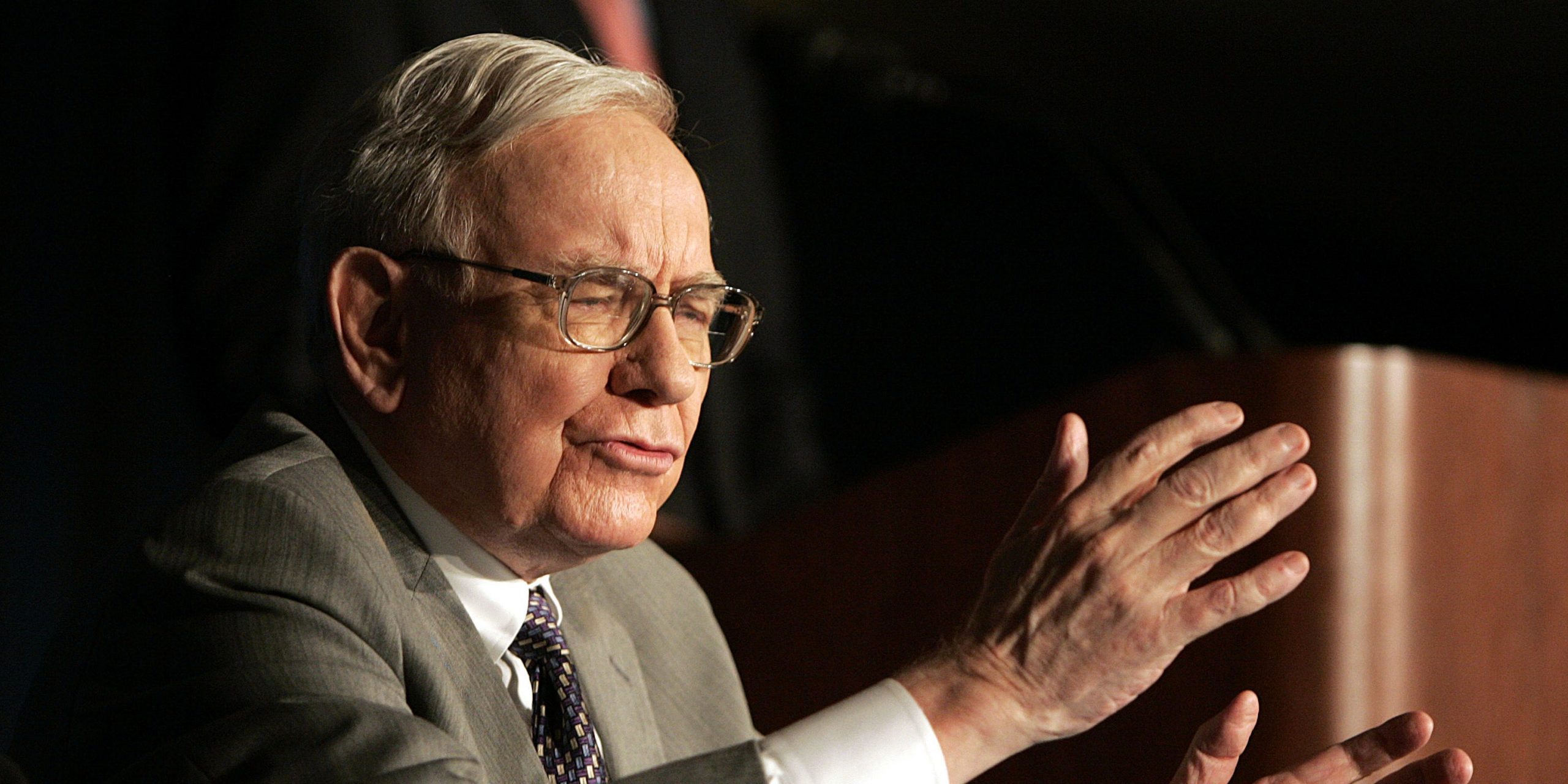
- Warren Buffett avoids investing in Russia after facing threats of violence and asset seizure there.
- Buffett says valuation and quality of management trump geopolitical risks in investing decisions.
- Berkshire Hathaway's vice-chairman, Charlie Munger, recently said he doesn't do business in Russia.
Warren Buffett avoids doing business in Russia because he's previously encountered threats of violence and asset seizure there. However, the Berkshire Hathaway CEO has repeatedly underscored that a company's valuation and the quality of its management far outweigh current events and geopolitical risks when he makes investing decisions.
A struggle to get out
Buffett recalled during Berkshire's annual shareholder meeting in 2006 that when he invested in Salomon Brothers in 1987, the bank owned an oil company with major interests in Siberia that soon ran into problems.
"As long as we were drilling, we were welcome," the billionaire investor said. "Then when we wanted to start taking the oil out, after our money had been used to drill the holes, they weren't quite as friendly. In fact, it was really kind of extreme what took place with us."
Buffett remembered trying to retrieve drills and rigs from the region. "They said if we sent in the people to get out the equipment, not only would the equipment not get out, but the people wouldn't get out," he said.
"So, having had a few experiences like that, it might take us quite a while before we want to sink a lot of money into Russia," he said. "It's a little hard to develop a lot of confidence that the world has changed permanently there in terms of its attitude toward capital, and particularly toward outside capital."
Perhaps unsurprisingly, Buffett opted to invest in a massive Chinese oil company instead of a Russian one in 2003, even though both stocks struck him as bargains based on metrics such as total reserves, refining capacity, and cash flows.
"I decided I was more comfortable buying PetroChina than I was buying Yukos," Buffett said during Berkshire's 2011 meeting.
Charlie Munger, Buffett's business partner and Berkshire's vice-chairman, underlined his own wariness of Russia during Daily Journal's annual meeting this month.
He was asked why he was happy to invest in China when Jeffrey Gundlach, another top investor, had called the country "uninvestable" due to the risks of false data, government confiscation, and US-China tensions.
"I feel about Russia the way he feels about China," Munger said. "I don't invest in Russia."
Price trumps politics
When the Russia-Ukraine conflict flared up in March 2014, Buffett was asked in a CNBC interview whether macroeconomics influenced his investing decisions. He recalled buying his first stock in the spring of 1942, a few months after Pearl Harbor, when the US was "getting clobbered" in the South Pacific.
"The macro factors were not looking good," he said, but that didn't stop him from investing all of his $120 in savings.
"I was not doing it based on headlines," he explained. "I was doing it based on what I was getting for my money."
The Berkshire chief looks for the same key things in businesses wherever they're based, he said during Berkshire's 2011 meeting.
"The basic principles of trying to value the business, trying to find managements in which we have confidence, in both their ability and integrity, and then finding attractive purchase price, those principles apply wherever in the world we would be investing," he said.

